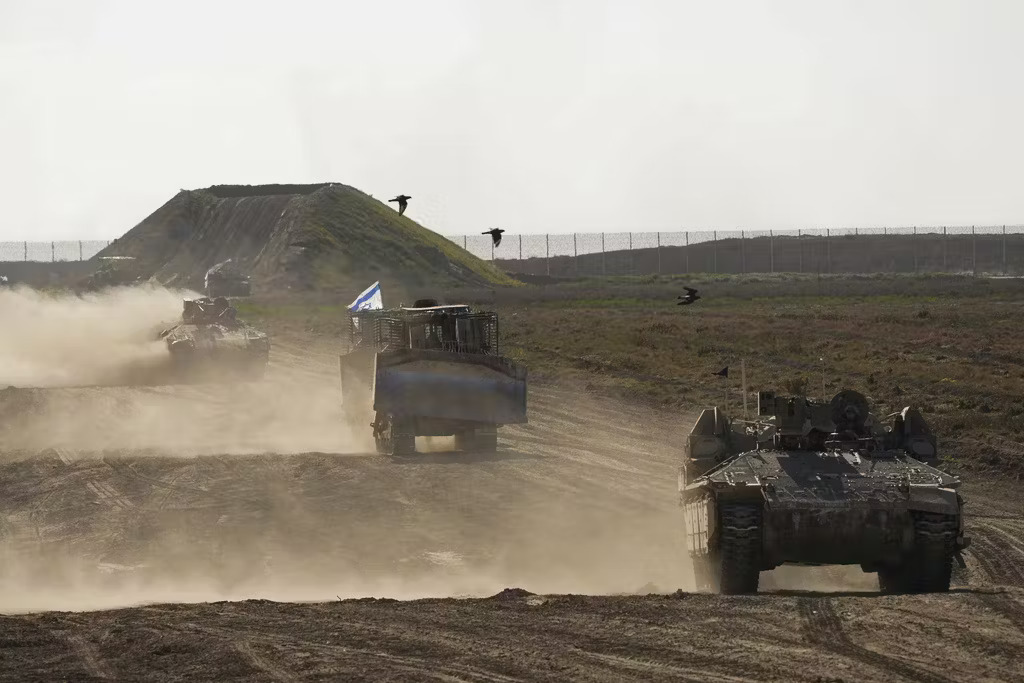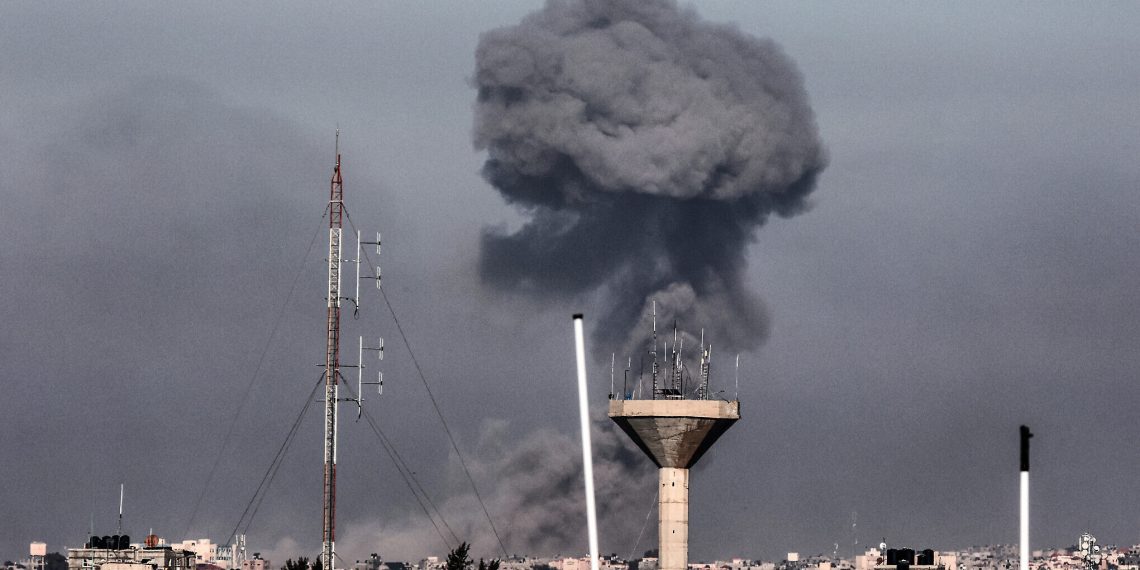Israeli officials, in a joint statement following a virtual meeting with U.S. counterparts, acknowledged American concerns regarding a planned offensive in Rafah.
The meeting, led by top officials from both sides, lasted 2-1/2 hours and resulted in an agreement to hold follow-up discussions in person, potentially as early as the following week.
While no immediate agreement was reached on the Rafah offensive, President Joe Biden‘s administration has urged Israel to exercise caution to avoid further civilian casualties in Gaza.

The U.S. officials emphasized the need for a targeted approach to combat Hamas militants without resorting to a large-scale ground offensive.
Israeli Prime Minister Benjamin Netanyahu remains steadfast in his commitment to eliminate Hamas militants responsible for previous attacks on southern Israel.
Despite U.S. concerns, Israel expressed willingness to consider alternative proposals to address the situation in Rafah while maintaining its objective of defeating Hamas.
During the meeting, U.S. officials presented alternative strategies aimed at protecting civilians in Rafah. However, the ultimate decision lies with Israel, which briefed its American counterparts on plans for a ground offensive designed to minimize civilian casualties.
Tensions between the U.S. and Israel escalated recently when Netanyahu canceled a planned visit to Washington after the U.S. allowed passage of a Gaza ceasefire resolution at the U.N.

However, efforts to reschedule high-level meetings indicate a desire to ease tensions and find common ground.
Amid ongoing discussions, the Biden administration is also evaluating an $18 billion arms transfer package to Israel, which includes F-15 aircraft and munitions.
The administration faces pressure, both domestically and internationally, to negotiate an immediate ceasefire while addressing Israel’s security needs.




